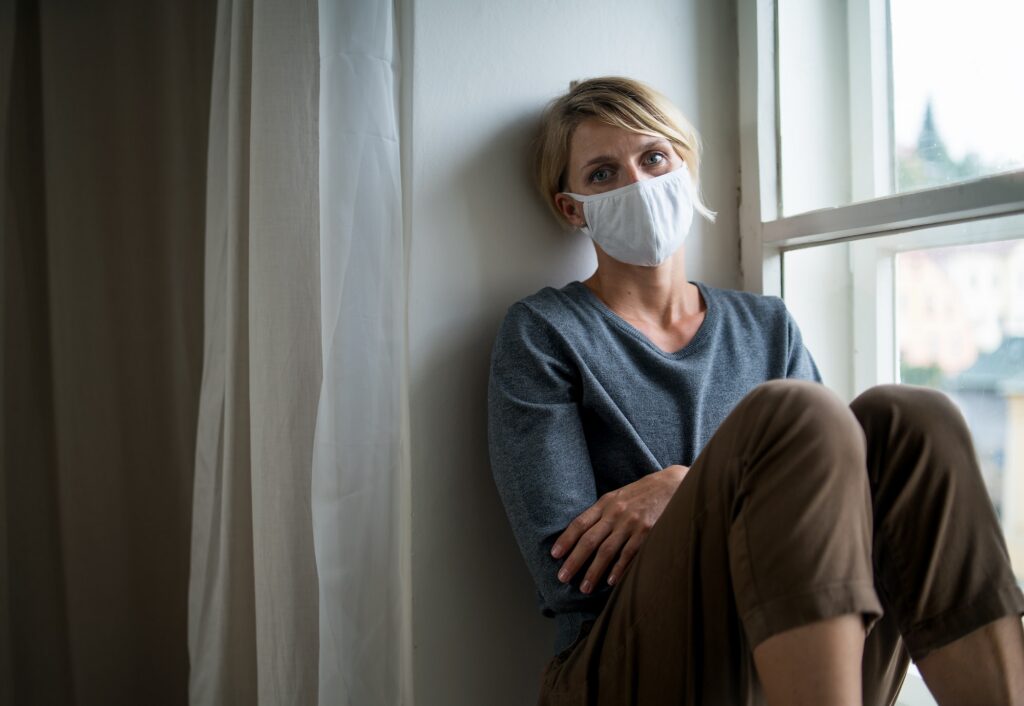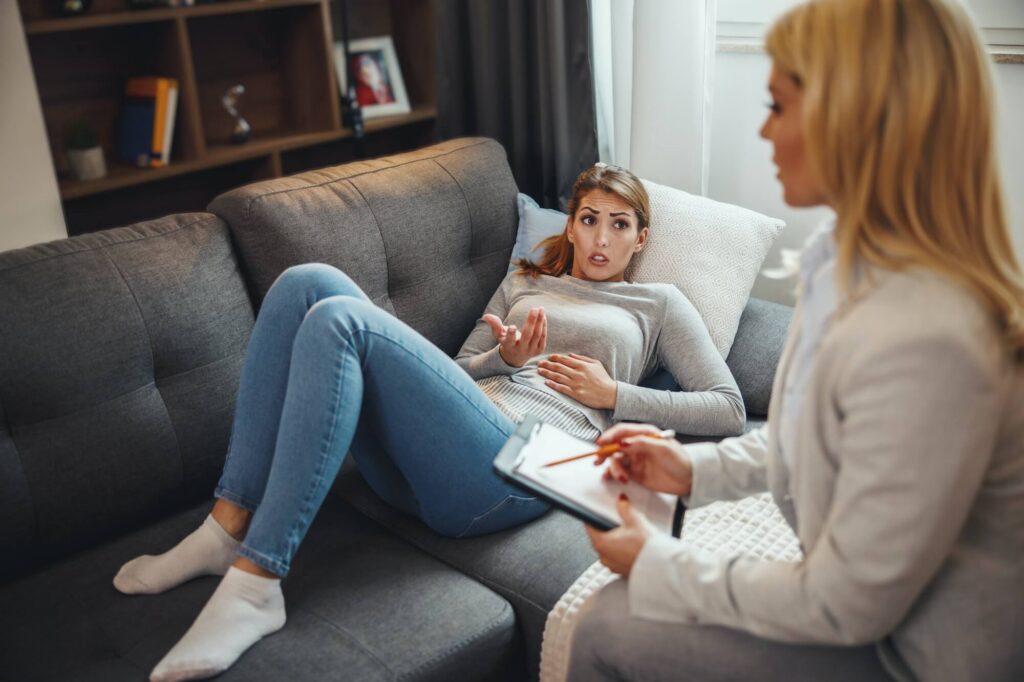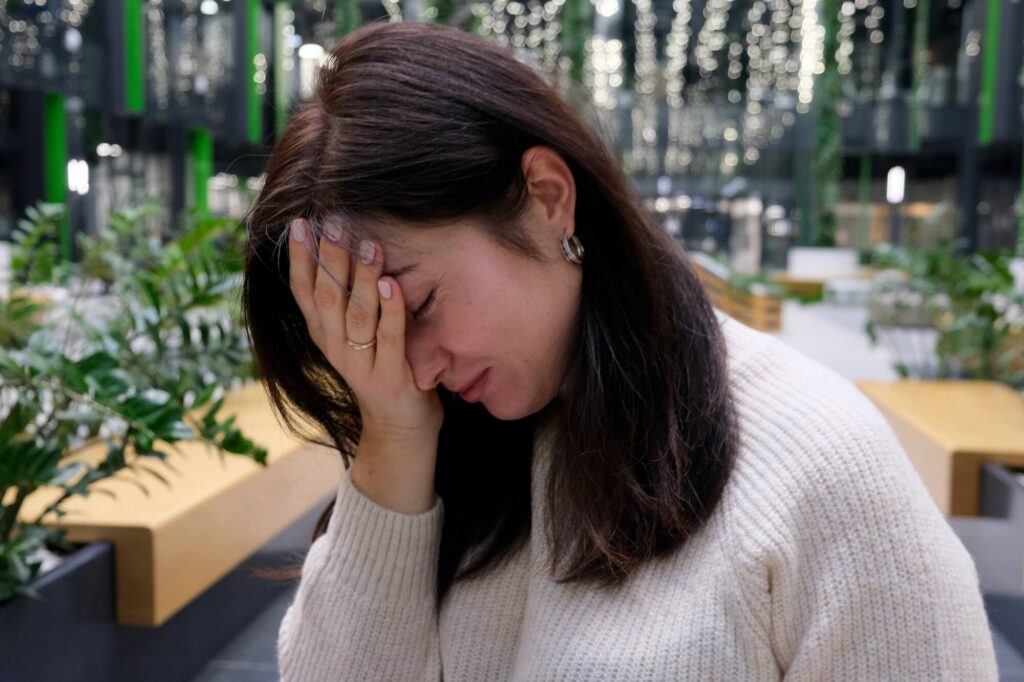Here are simplified psychiatric guidelines for common people—practical advice based on psychiatric principles aimed at promoting mental well-being, recognizing early warning signs, and knowing when to seek professional help:
Basic Psychiatric Guidelines for the General Public
1. Understand Mental Health is Part of Overall Health
- Mental health is as important as physical health.
- Anyone can experience emotional or psychological problems.
2. Prioritize Daily Mental Hygiene
Just like brushing teeth, mental wellness needs daily care:
- Maintain regular sleep (7–9 hours)
- Eat a balanced diet
- Engage in regular physical activity
- Limit caffeine, alcohol, and avoid drugs
- Use social media in moderation
3. Watch for Warning Signs
Seek help if any of the following persist for more than 2 weeks:
- Continuous sadness, hopelessness, or anxiety
- Social withdrawal or loss of interest in usual activities
- Changes in sleep or appetite
- Thoughts of self-harm or suicide
- Irritability, anger outbursts, or emotional numbness
- Poor concentration or memory issues
4. Manage Stress Effectively
- Practice deep breathing, mindfulness, or prayer
- Take breaks from work or screens
- Learn to say no to unnecessary commitments
- Talk to someone you trust
5. Promote Healthy Relationships
- Spend time with positive, supportive people
- Set clear personal boundaries
- Avoid toxic or abusive relationships
6. Reduce Stigma
- Avoid judging others for their mental health struggles
- Speak openly and kindly about mental health
- Encourage those suffering to seek help
7. Early Help is Key
- The earlier a mental health problem is addressed, the better the outcome.
- Don’t wait for a “crisis.” Therapy and counseling can help early on.
8. Know When to Seek Professional Help
Consult a psychiatrist or psychologist if:
- Symptoms affect your job, studies, or relationships
- You’re using alcohol, drugs, or other behaviors to cope
- You feel stuck or hopeless
- You suspect a loved one is suffering and not coping well
9. Be Informed, Not Afraid
- Depression, anxiety, OCD, bipolar disorder, and schizophrenia are treatable.
- Treatment may include therapy, medication, or both — tailored to the individual.
10. Be Kind to Yourself
- Avoid self-criticism
- Celebrate small achievements
- Understand healing takes time
📞 Emergency Support
If someone is at risk of harming themselves or others:
- Don’t leave them alone
- Remove access to means (e.g., pills, weapons)
- Call a psychiatrist, a mental health hotline, or emergency services




